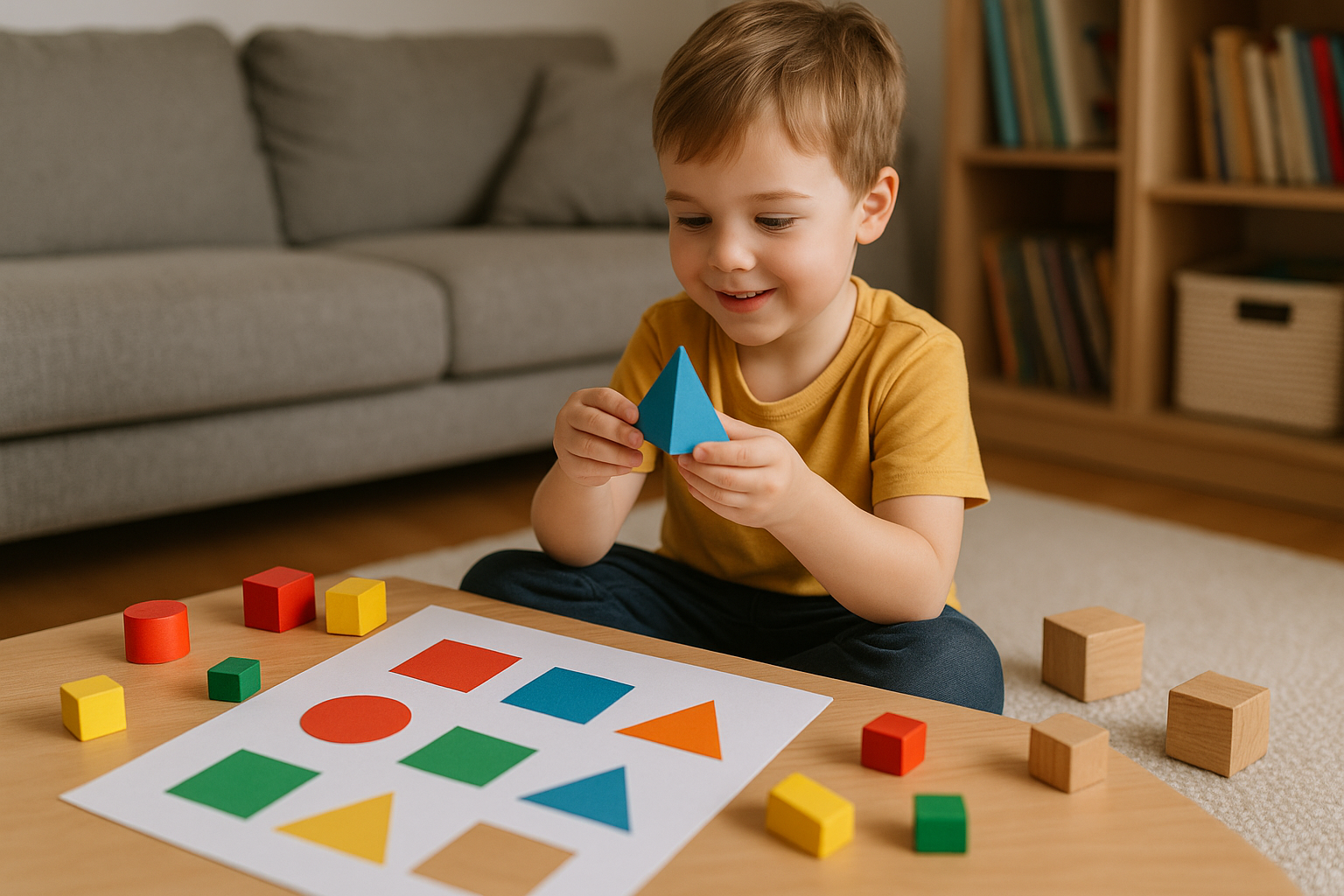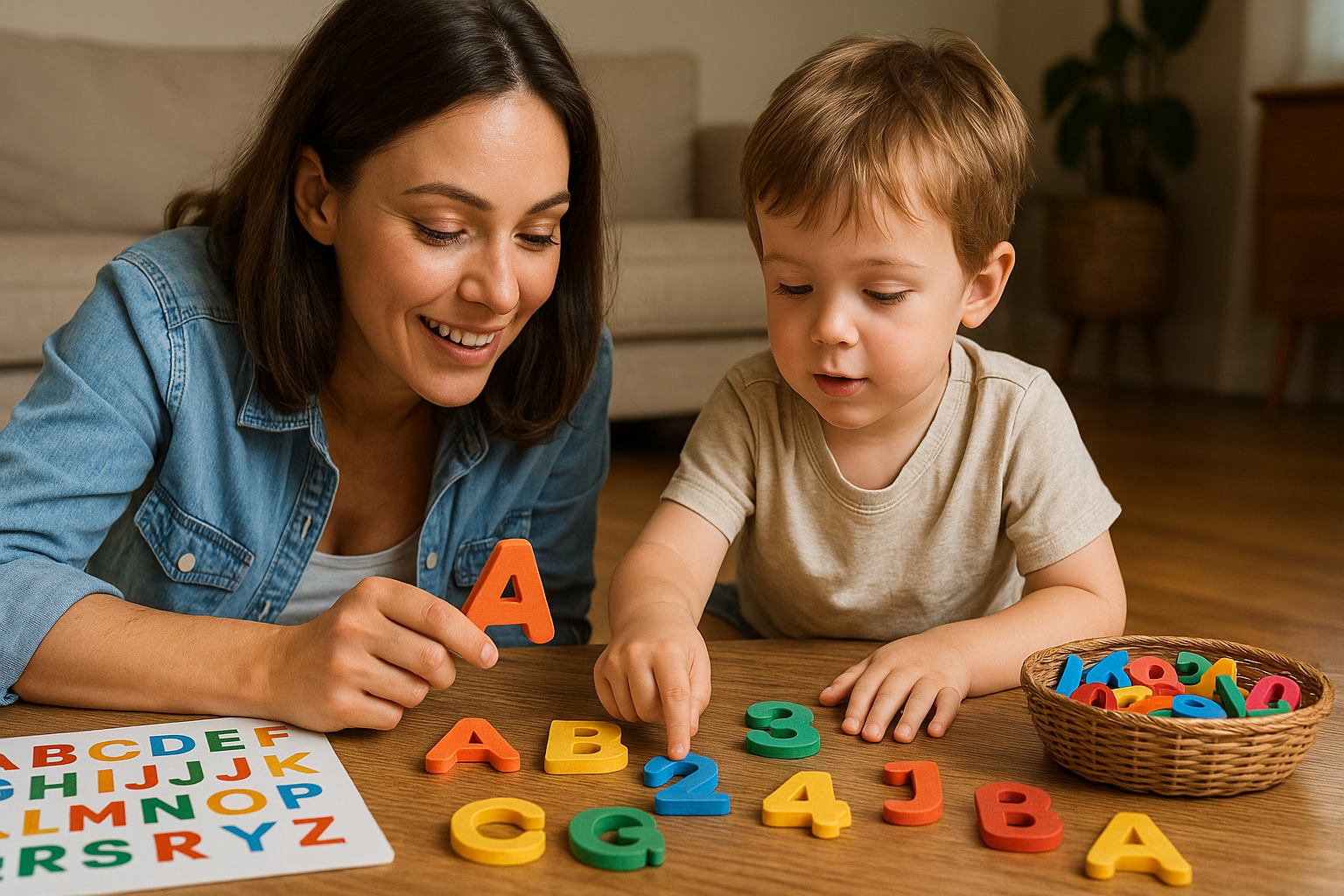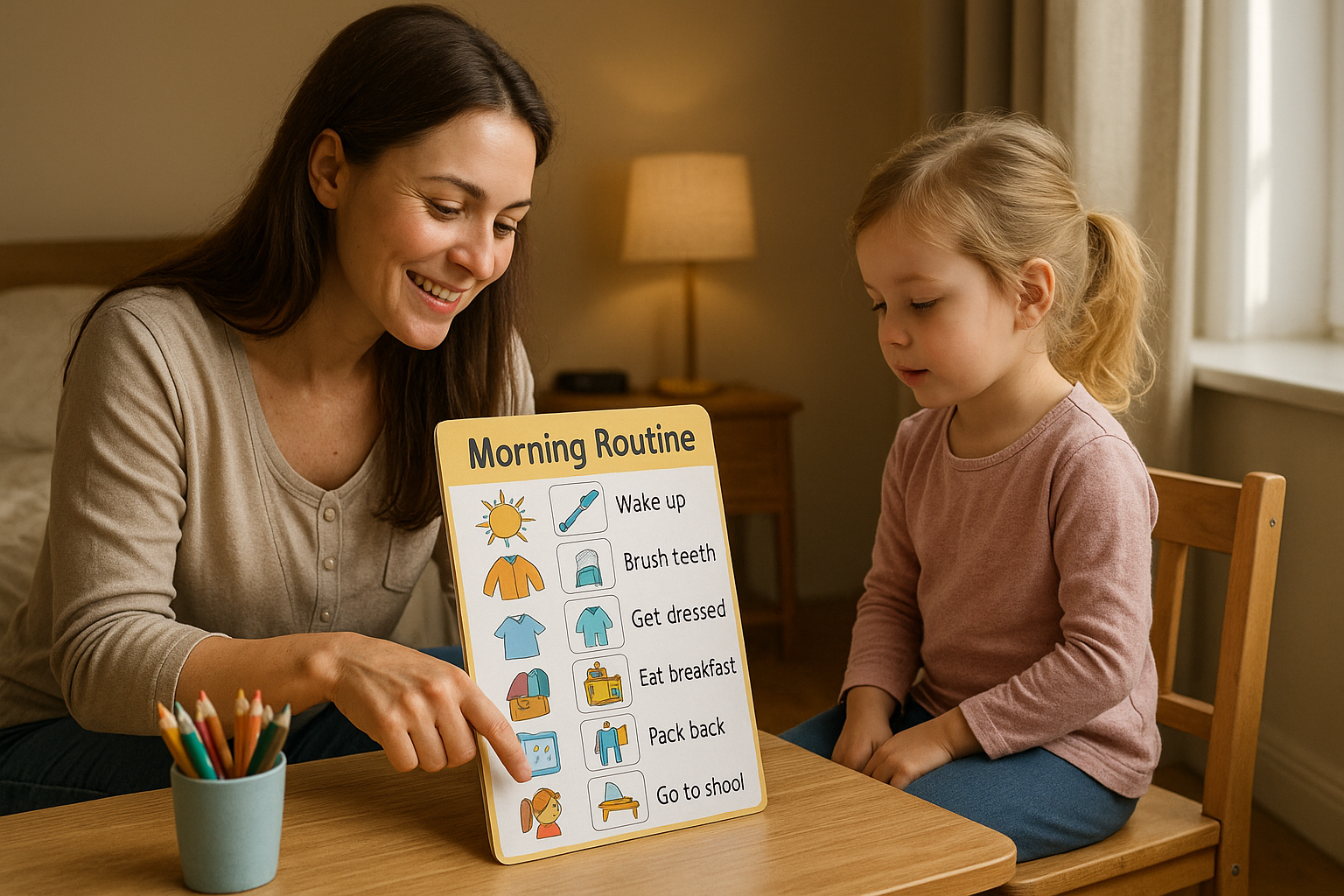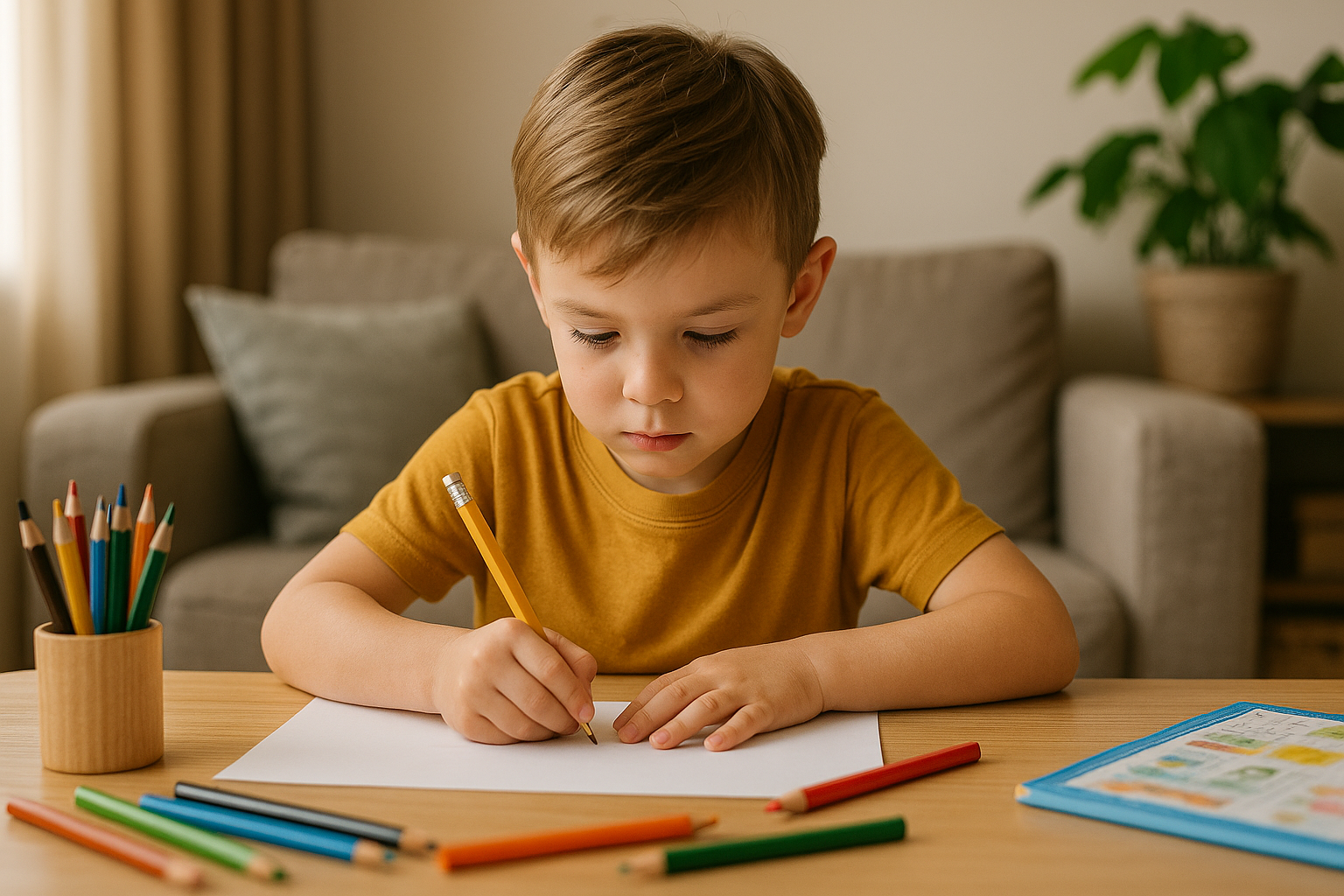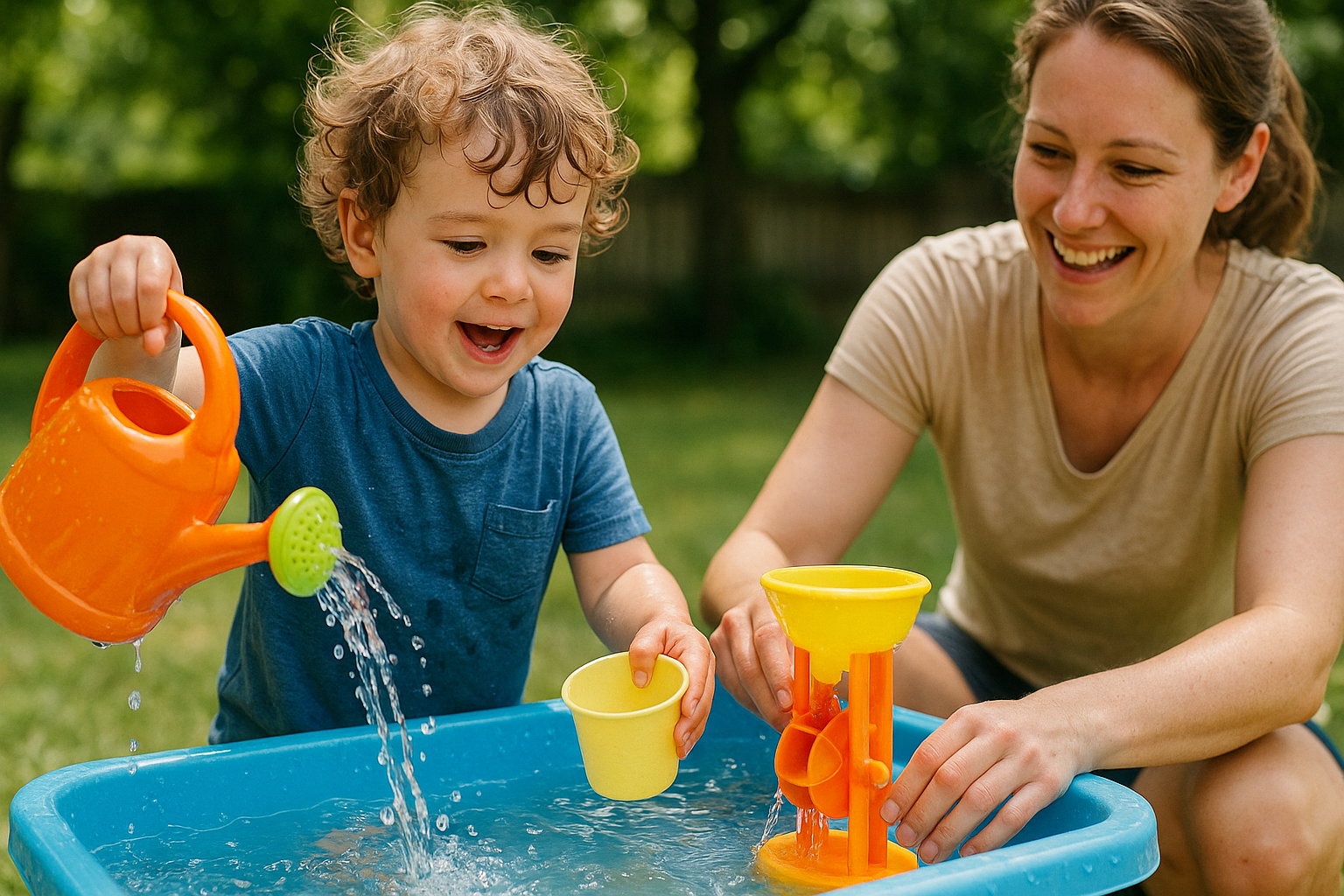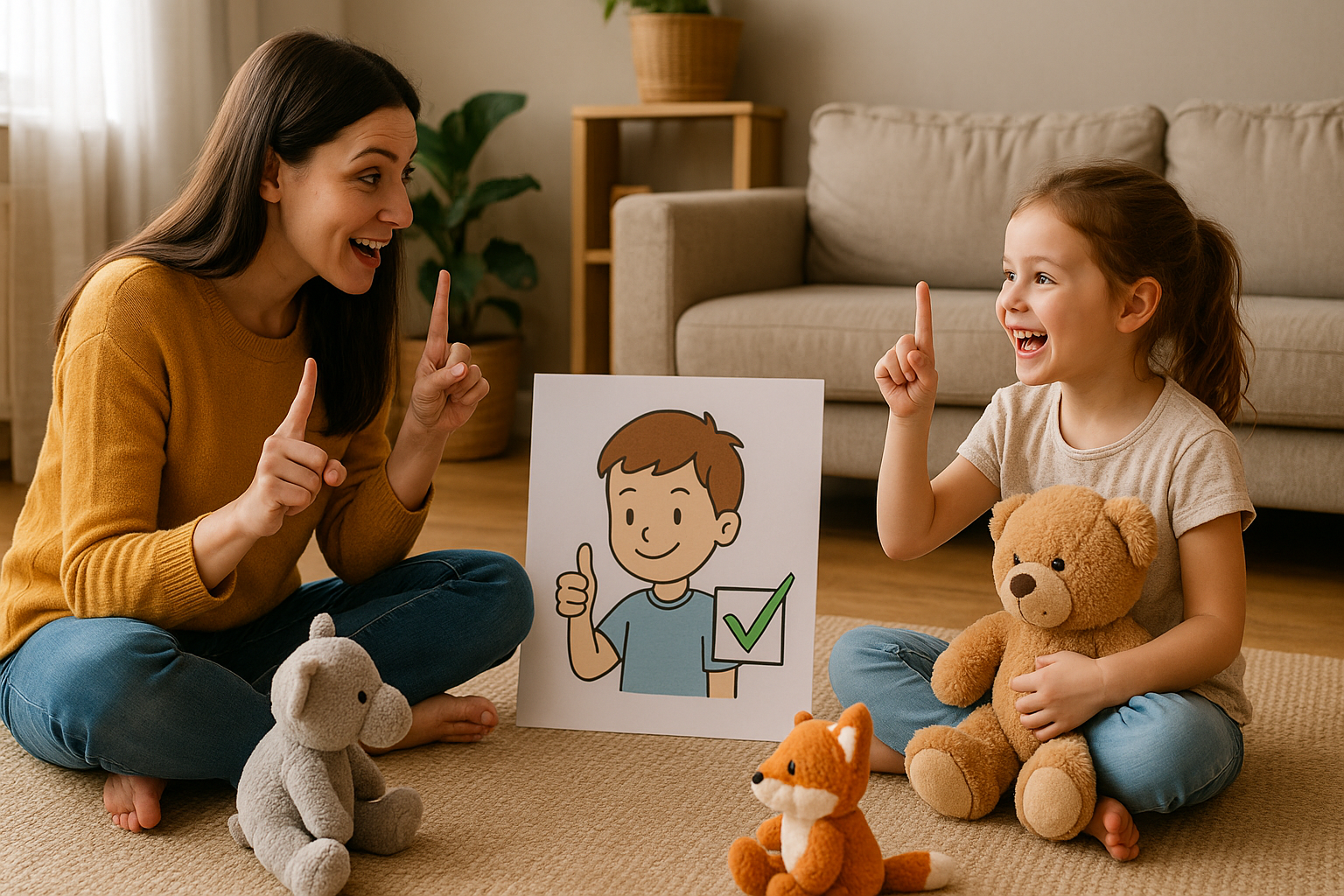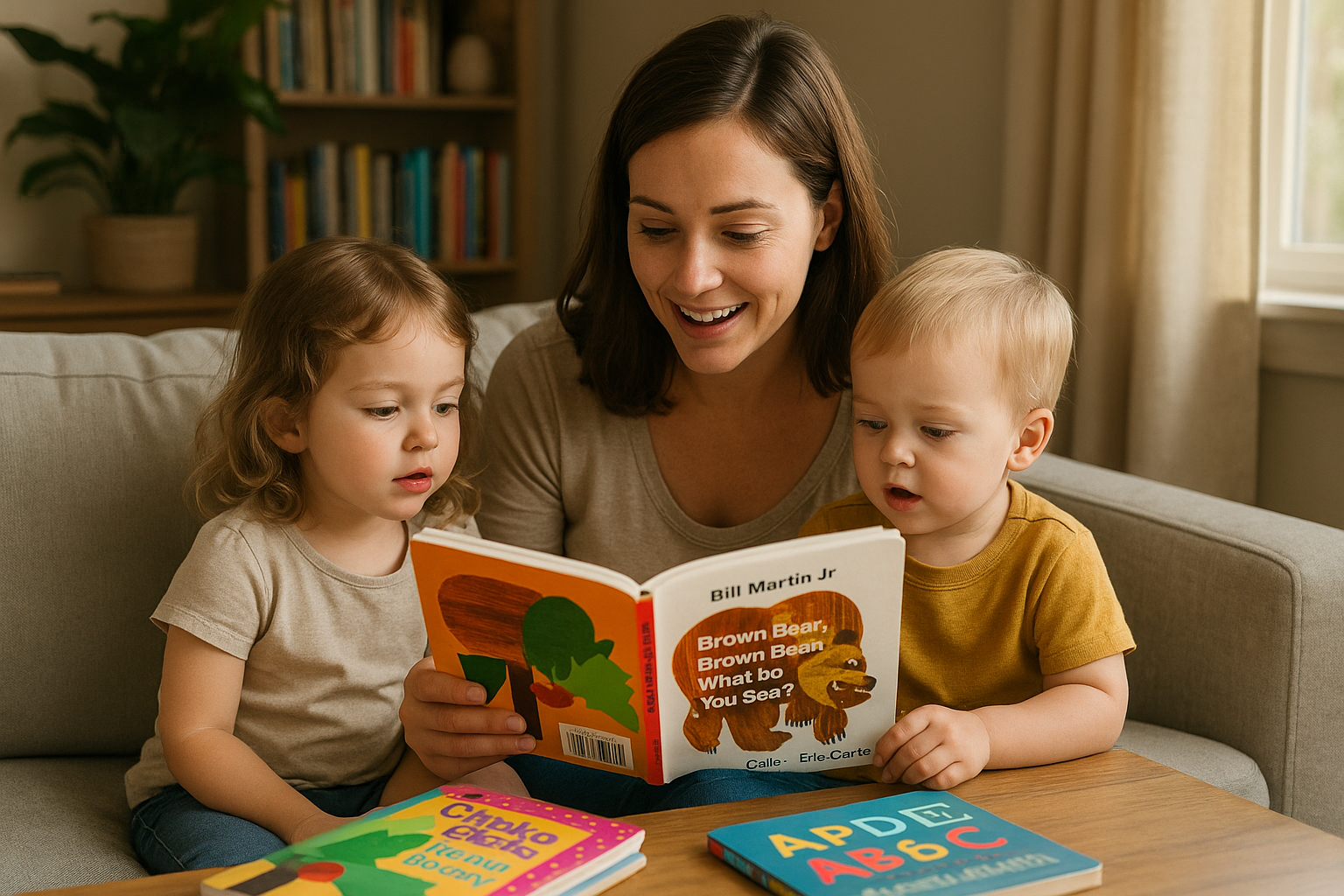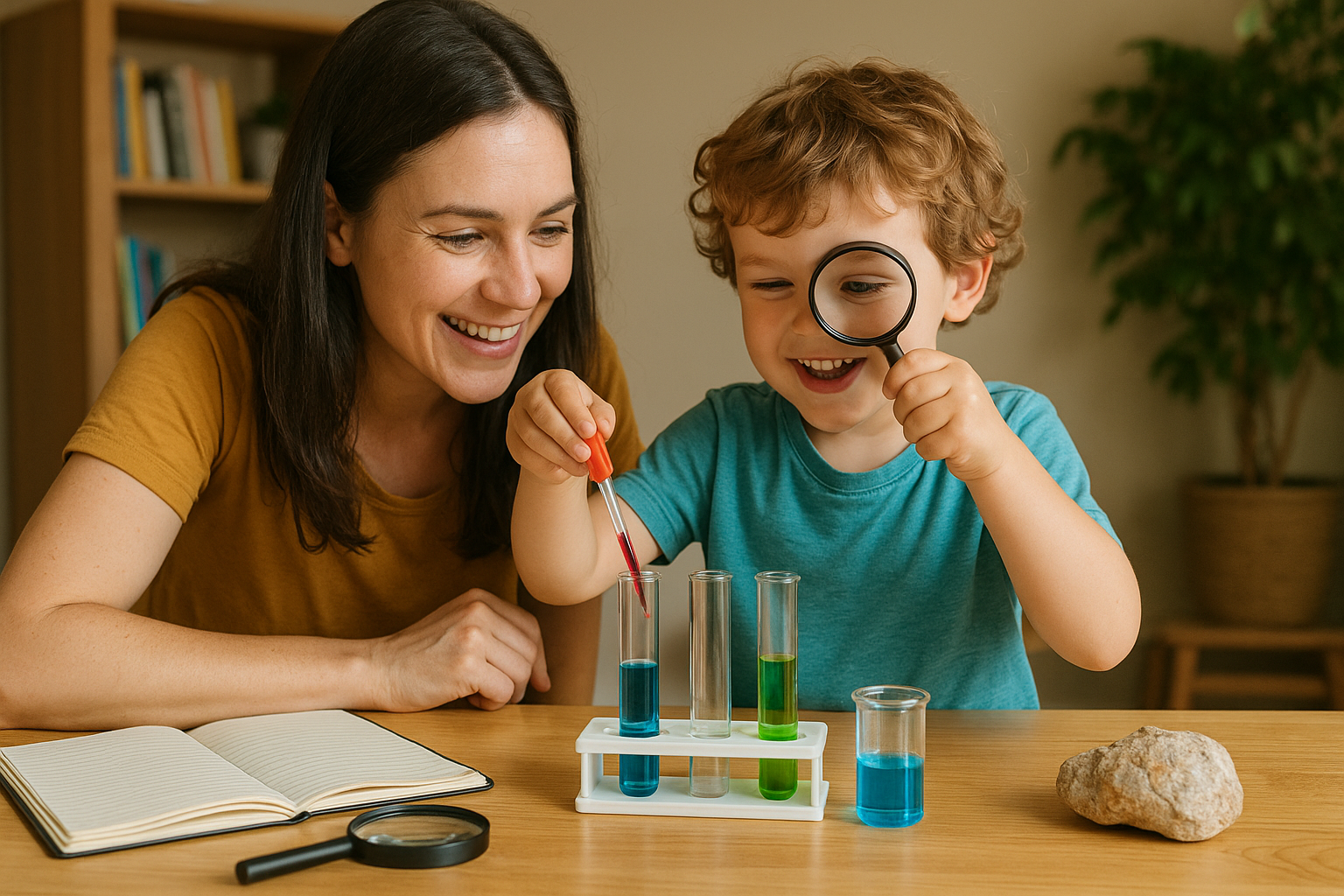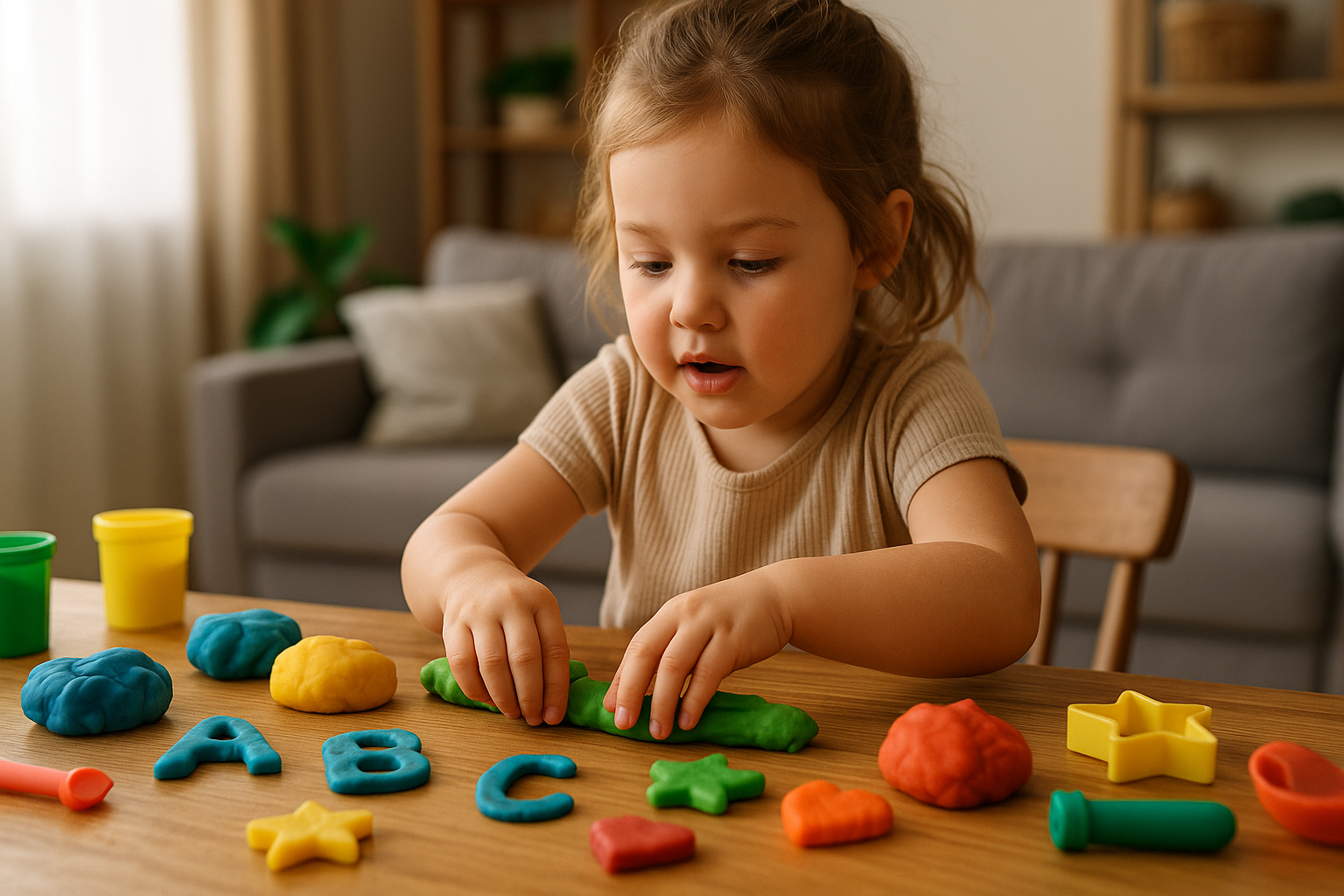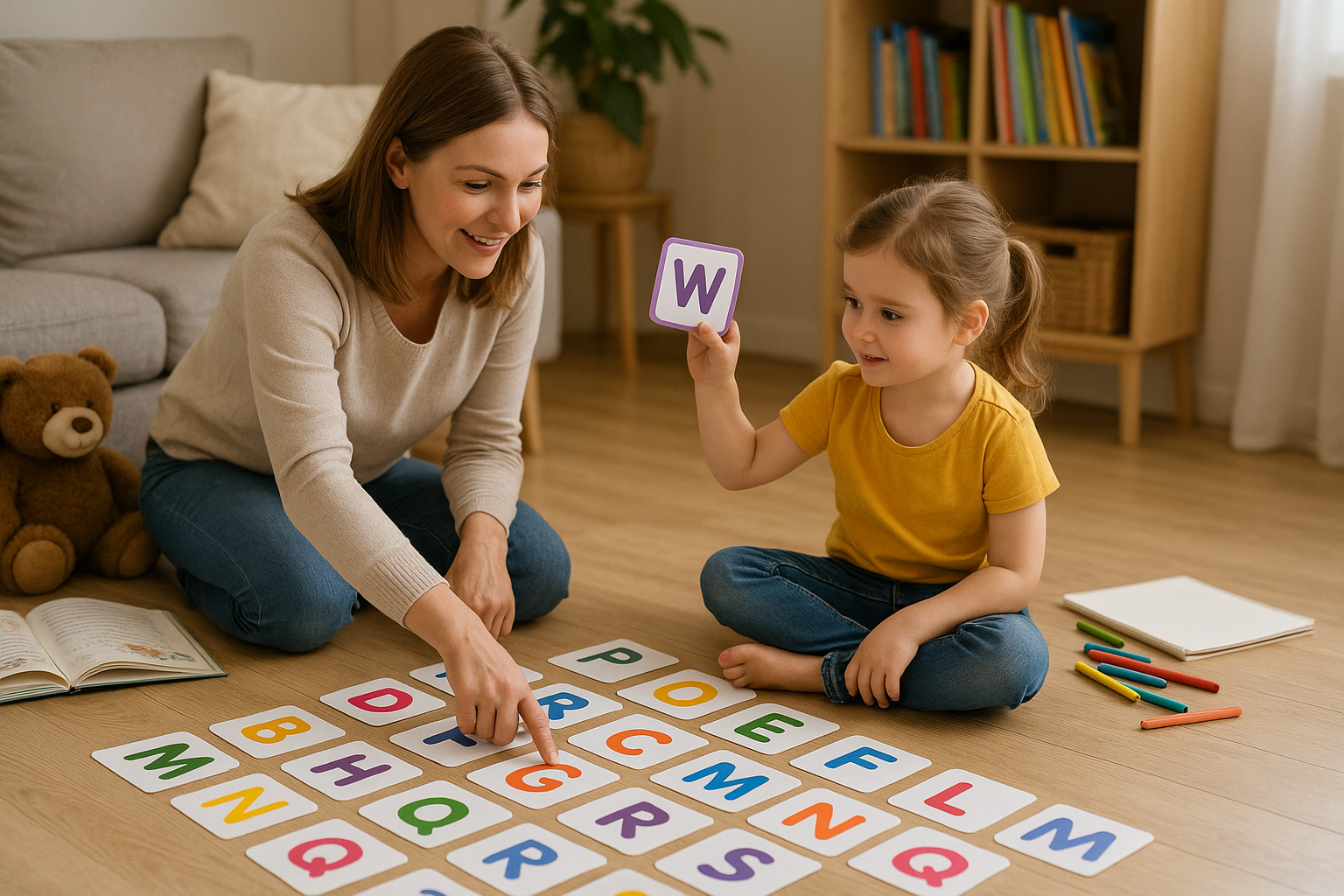Teaching Geometry to Kids with Play-Based Activities at Home
Geometry might sound like a subject reserved for older students, but its foundations are built during early childhood through play, exploration, and hands-on activities. From recognizing shapes to understanding spatial relationships, children aged 2 to 6 can begin learning geometry naturally—and joyfully—right at home. In this article, we’ll show you how to teach geometry to … Read more
